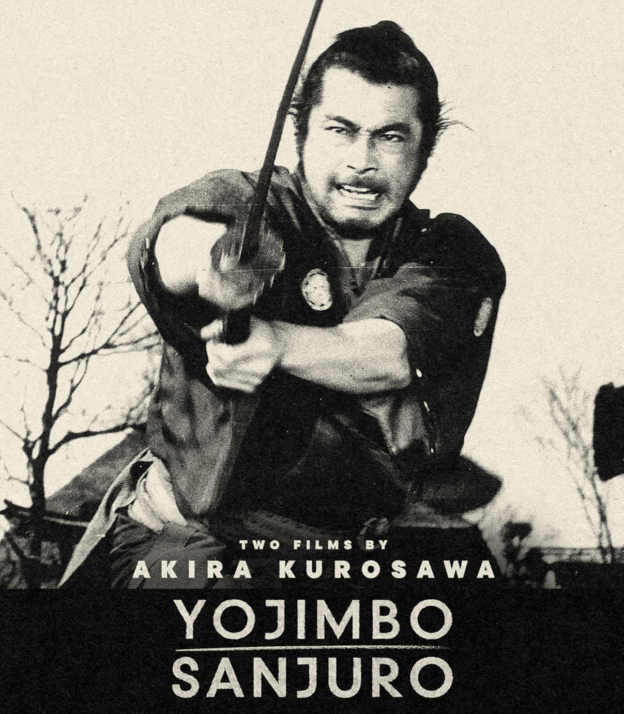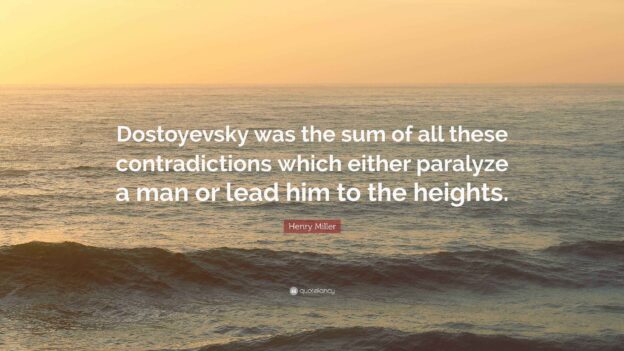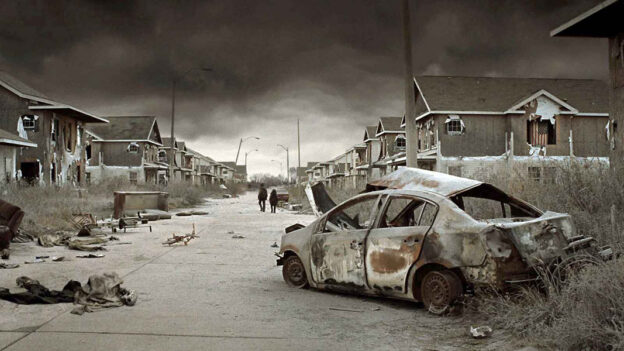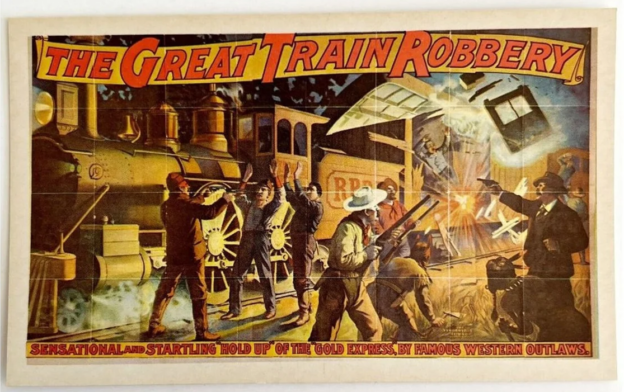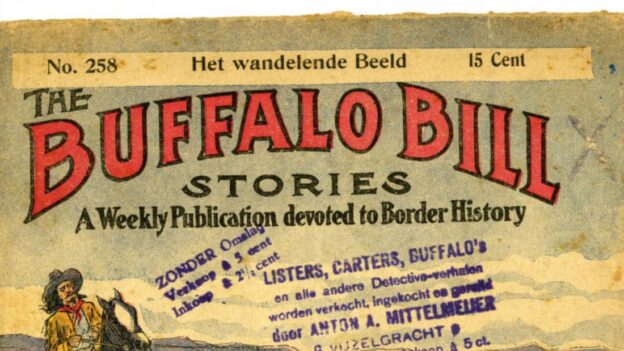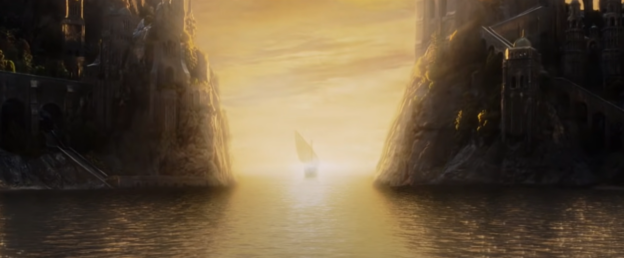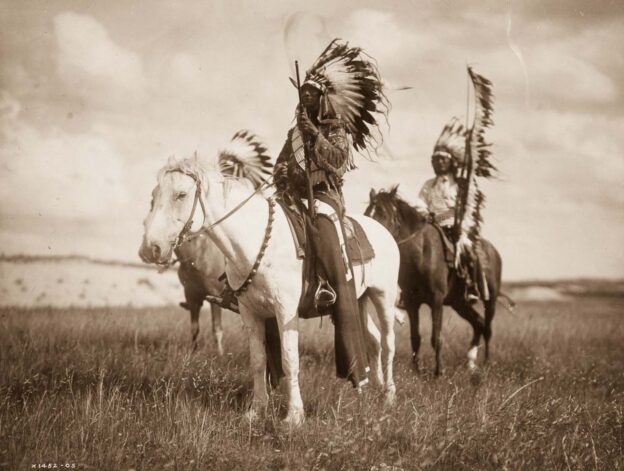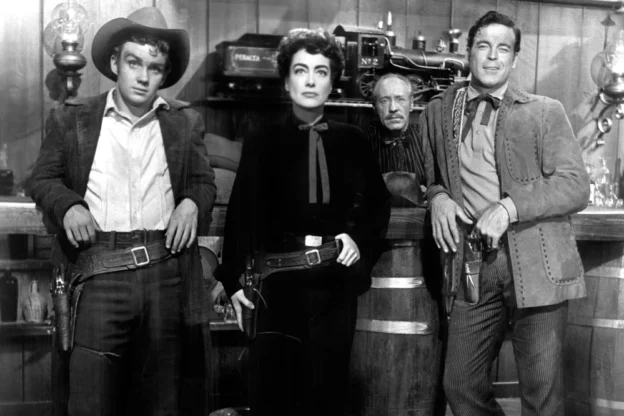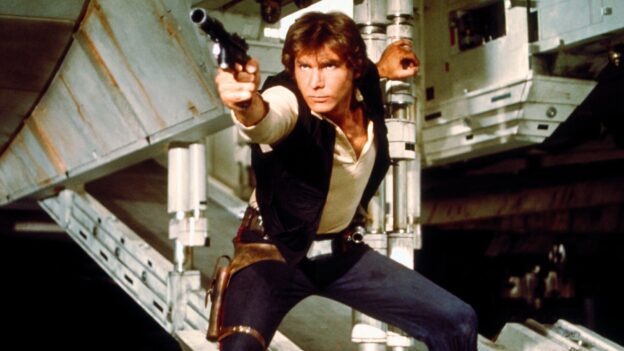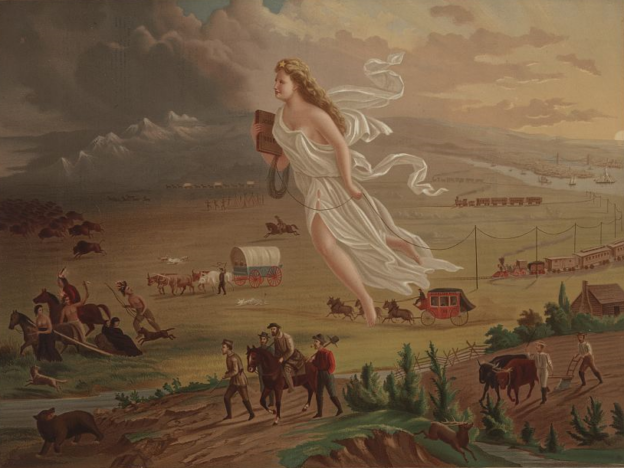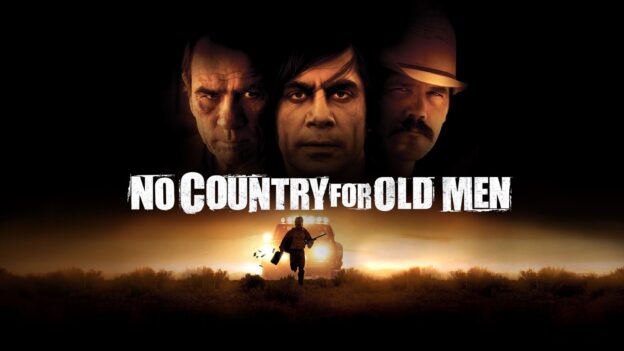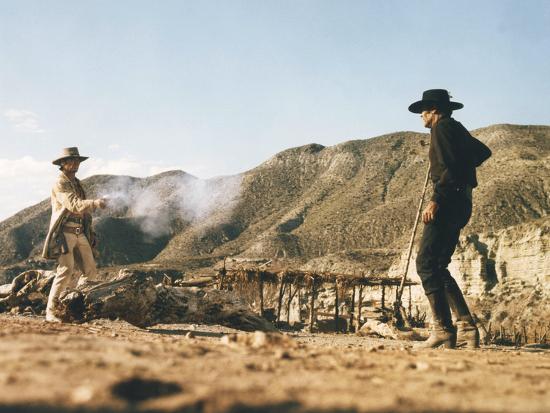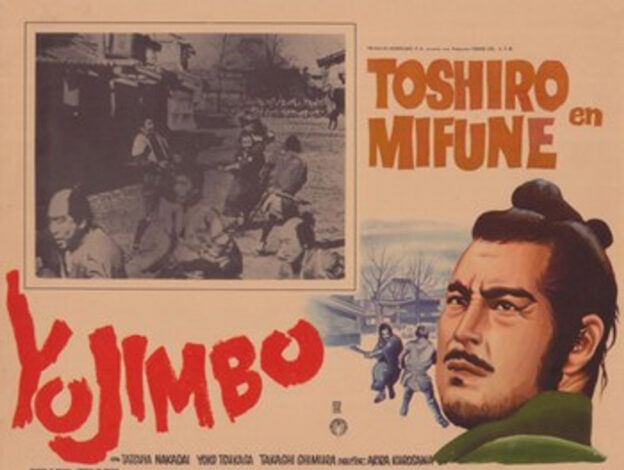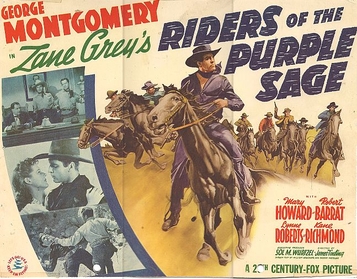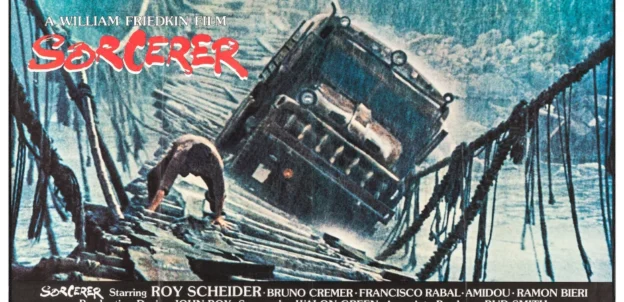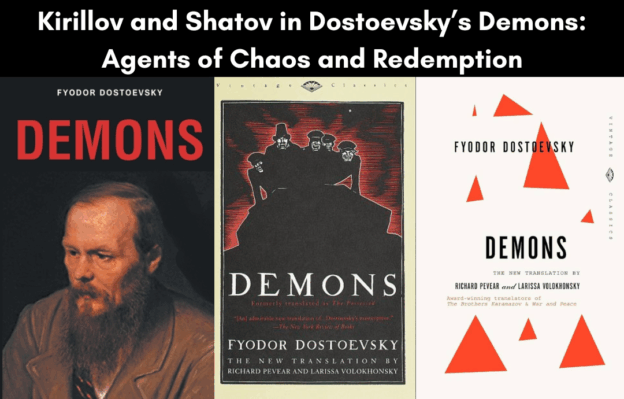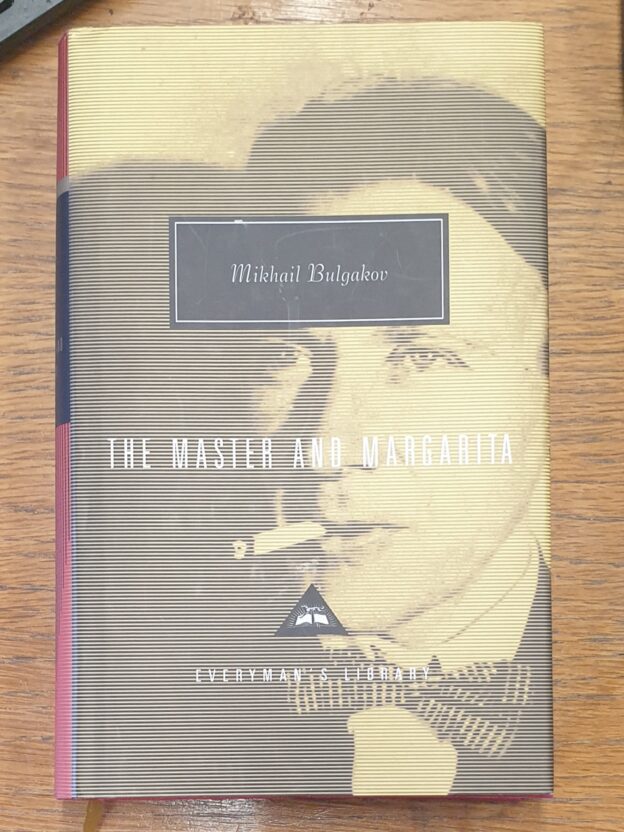This article explores Yojimbo and Sanjuro as two sides of the same coin, charting the decline of the samurai in feudal Japan. Yojimbo depicts the “why”: the collapse brought on by greed, corruption, and the rise of firearms, where mediocre men with guns en masse overpower disciplined swordsmen. Sanjuro shows the “how”, the aftermath, where the last true samurai are left to kill each other while naive reformers blunder around them. Together, the films reflect Kurosawa’s shifting mood and Japan’s uncertain transition into modernity.
Continue reading